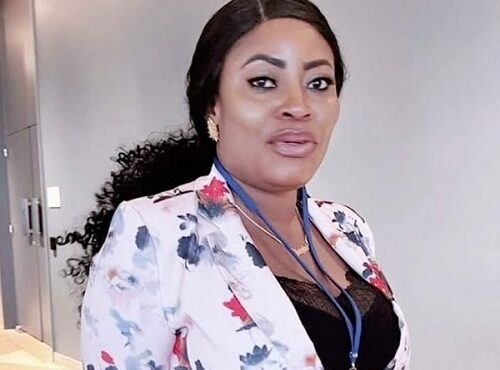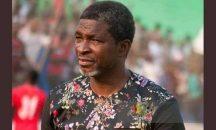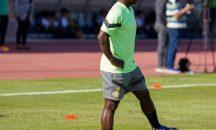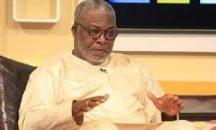Gender advocate urges govt to address obstacles to girls’ education in Ghana

Ace broadcast journalist and gender equality advocate, Josephine Oppong-Yeboah, has stressed the need for the government to address all obstacles that impede girls’ education in the country.
She was of the view that although the country had done well in increasing access and enrollment, particularly at the basic and senior high schools, there was a need to ensure girls are retained in schools.
She expressed the concern that even though access and enrollment had increased, factors such as forced marriages, pregnancy, poverty, and sexual harassment oftentimes compel many girls to drop out of school before completing their basic education.
Ms Oppong-Yeboah was speaking on this year’s International Women’s Day with the media, concerning how education for girls in the country could be further enhanced.
The theme for the celebration of this year’s session of the UN Commission on the Status of Women (CSW) is, “Innovation and technological change, and education in the digital age for achieving gender equality and the empowerment of all women and girls”.
The annual UN Commission on the Status of Women meets in March each year to address the widespread inequalities, violence and discrimination women continue to face, all around the world.
Ms Oppong-Yeboah who is attending this year’s event in New York also called for a collaborative approach from all stakeholders towards the promotion of girls’ education in the country.
“We need to find ways of ensuring that girls attend school, stay, and perform well,” she said, adding that “We cannot develop as a nation if we do not address all the obstacles affecting girls’ education in the country.”
She explained that tackling endemic problems affecting girls’ education requires innovative solutions, urging all stakeholders to play their roles as expected in helping to promote girls’ education in the country.
Ms Oppong-Yeboah said although UNESCO’s 2020 Gender Report indicates that girls’ enrollment in school has increased steadily over time, there is still great gender disparity in higher levels of education, especially in subjects related to science, technology, engineering and mathematics.
She was of the view that access is only the first step towards transforming gender structures in the formal education system in the country, and that “we need to improve retention and performance.”
For her, “there is a huge negative change in gender parity moving from secondary to tertiary enrollment.”
By Benedicta Gyimaah Folley















